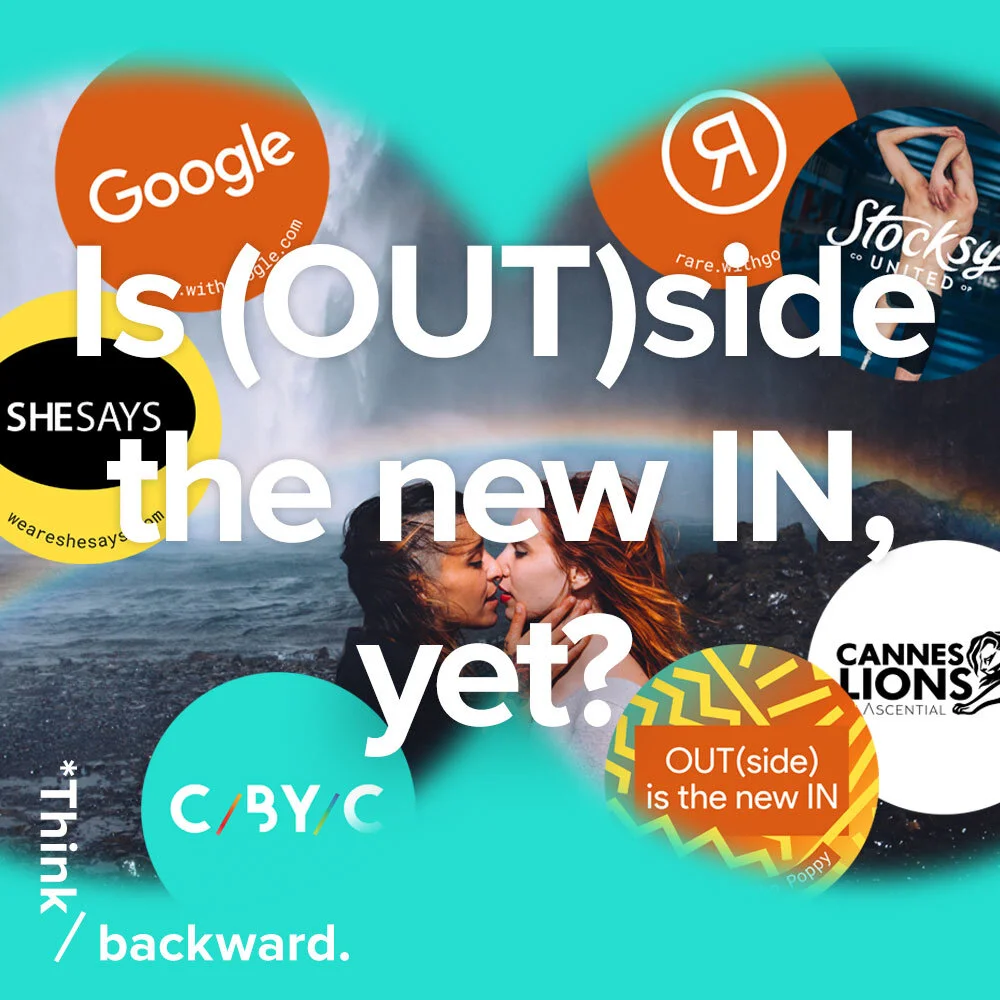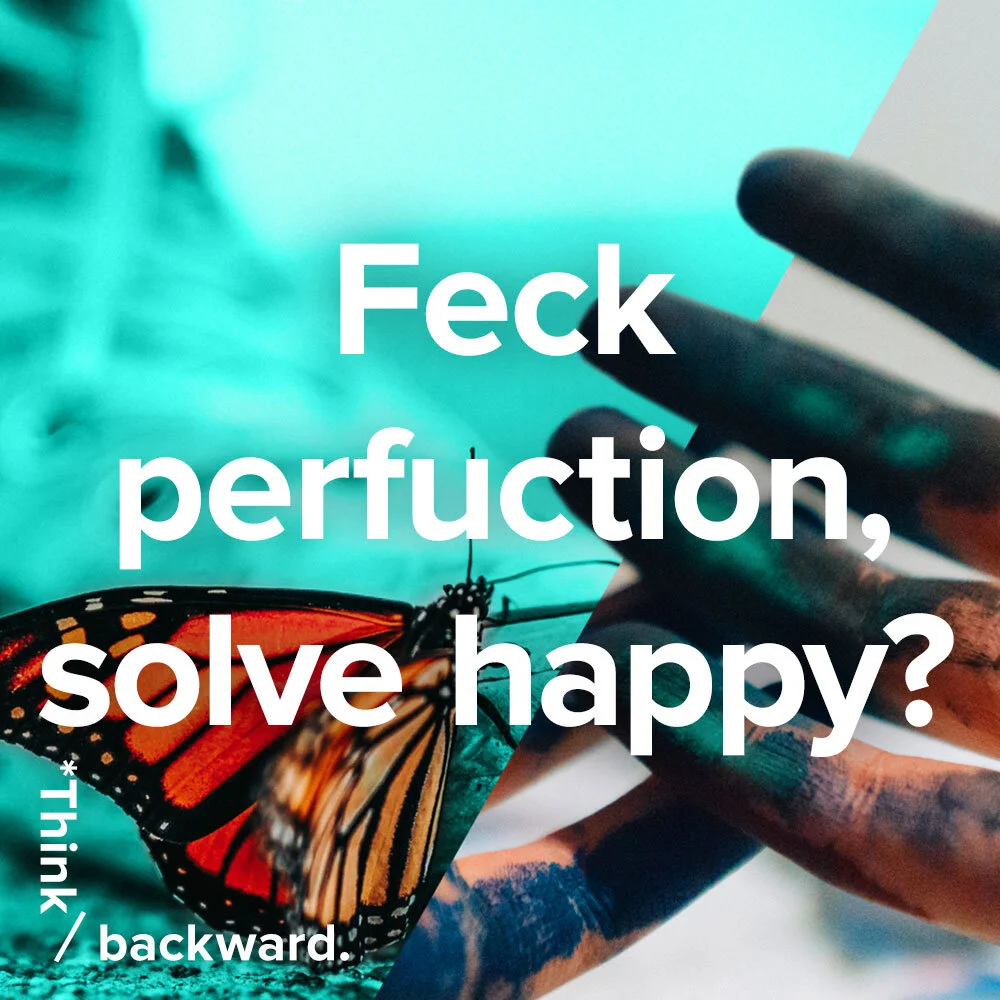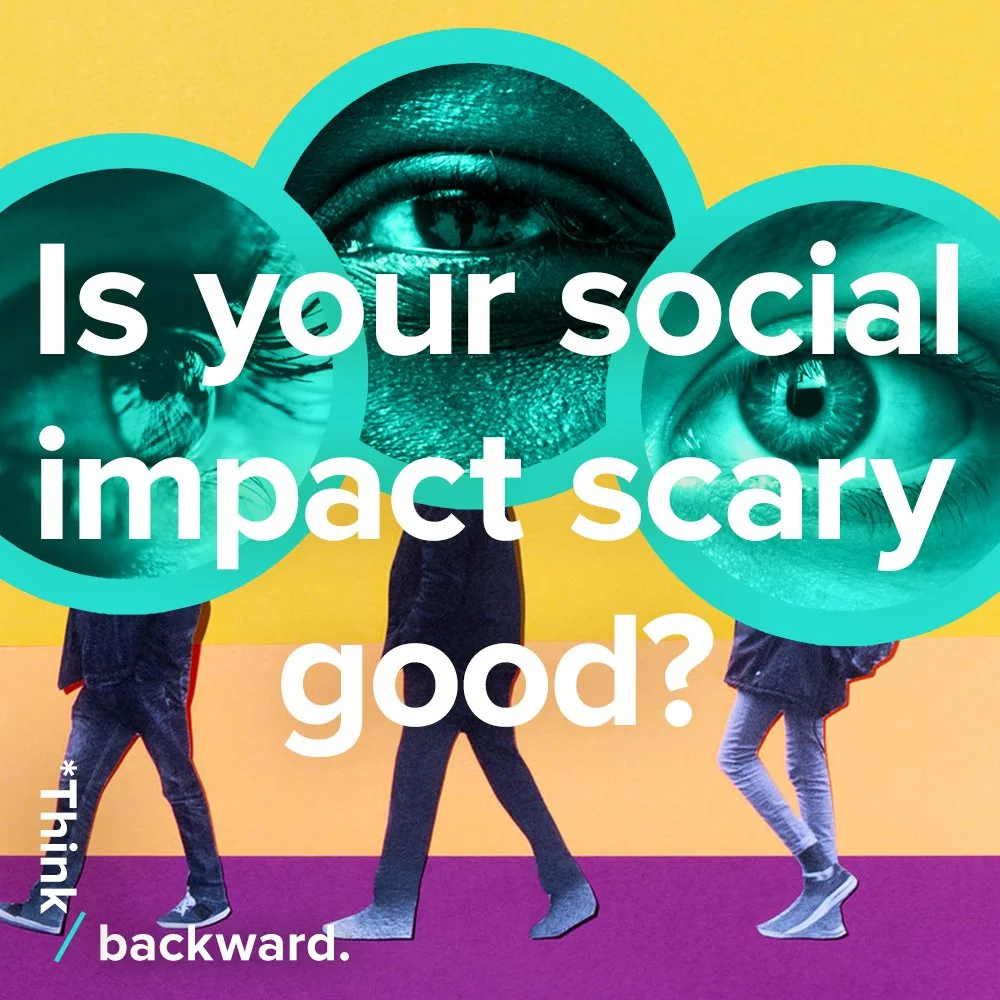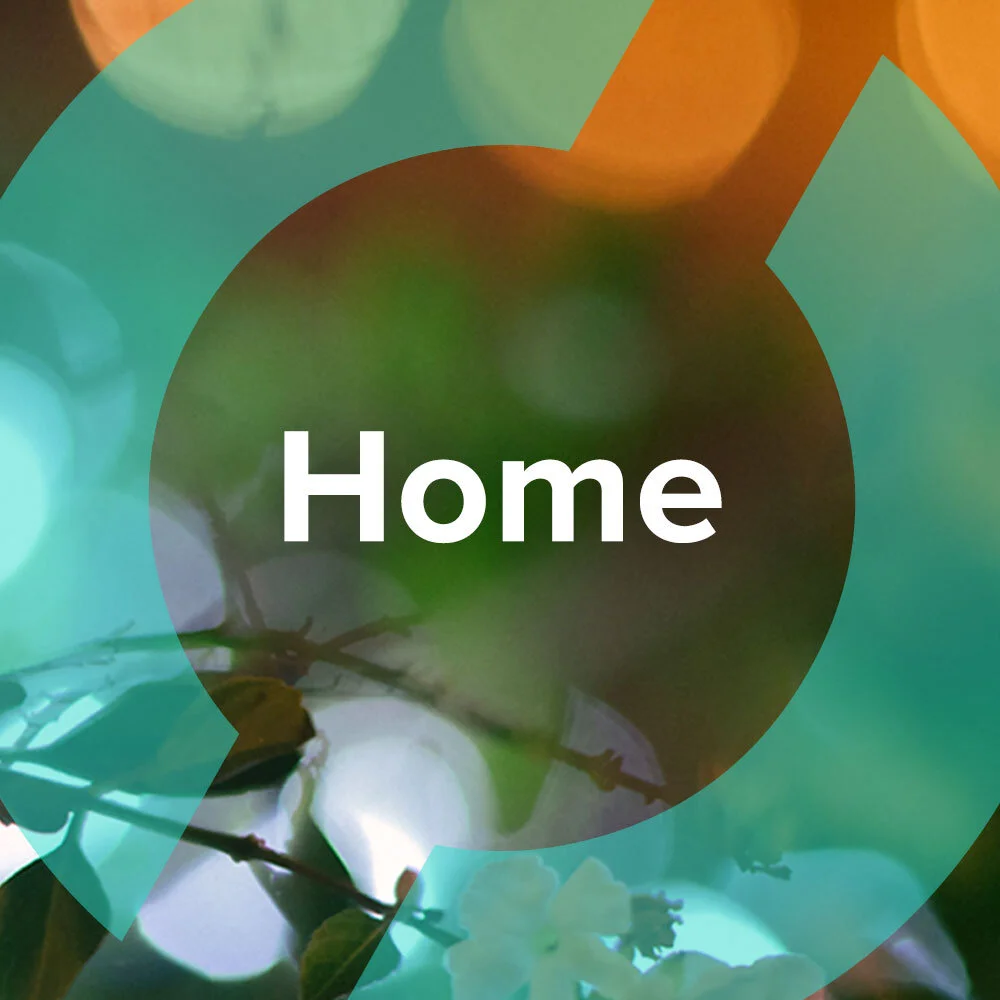— Sometimes, the best way to look forward is to reflect, to look backward. Particularly if “backward” represents unhappiness, discord, strife, meanness, ignorance and a whole host of other nouns and adjectives that we, by now, know all too intimately.
If we did, many of us—but not remotely all of us—would probably wish we weren’t on a first-name basis with the language and physical expression of hate. I mean, who actually wants to feel that way, experience those things, any more than necessary? Unfortunately, a good-sized percentage of us, that’s who.
I fall in the first camp. I don’t want a repeat of the past four years, not at that insane level of intensity, anyway. But I’m also a realist, and while the calls for unity and moving toward the middle and such are lovely and empathetic and civilized, I recognize that making peace is inherently alien to human beings.
So, let’s talk about unity for a second. In smaller, insular societies, with a tradition of it, fine, great idea. For the rest of us, especially, but not just in Western industrialized nations, the concept is ridiculous on its face, terribly impractical, and, looked back over time, completely ahistorical. (I’m on page 400—the 14th century—of Norman Davies’s epic history, “Europe.” And to this point in the book, the characters—Romans, Barbarians, Mongol hordes, factions of tribal factions, etc.—have done nothing but fight each other, to the death, no less.). It’s the only possible takeaway from a history of the Western world. We are born to not get along. (And think about this: Civilizing a child is the wrenching act of imposing tolerable behavior on natural miscreants, is it not?)
What does unity really mean, anyway? It’s a code word. It means you come over to my side, cause I sure as hell ain't going over to yours. That’s “unity.” Doubt me? Think there’s a panacea somewhere about? Those of you who seek it, who wish so dearly for it, who conflate it with peace in the land, just close your eyes for a second, and ask yourself this:




















